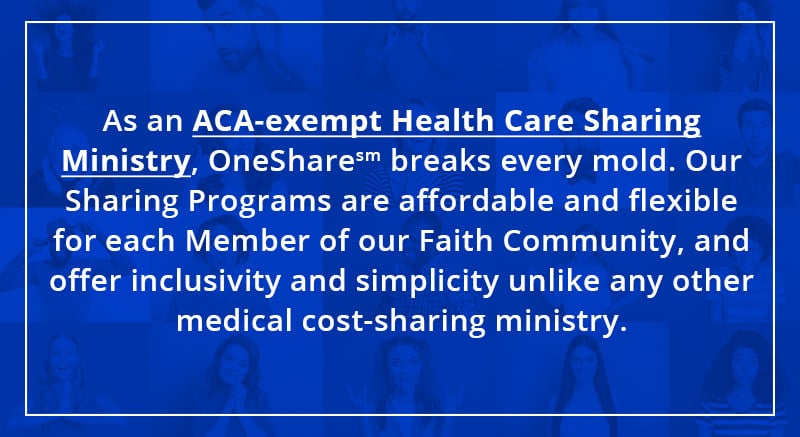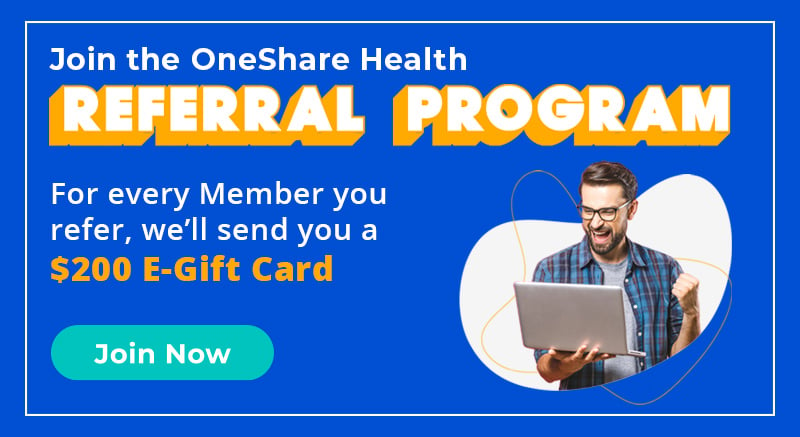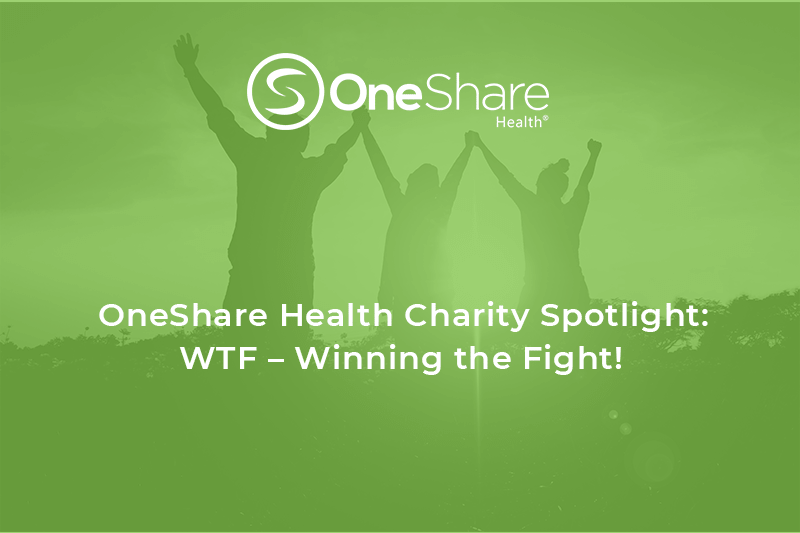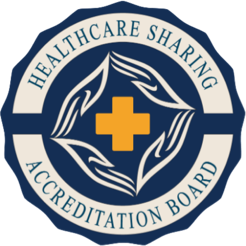We spoke with Kathy O’Keefe about drug addiction and prevention. Read how she and WTF are helping loved ones come together during their darkest hour.
In American society, the term “addict” is often synonymous with something sinister. Rather than recognizing and empathizing with a person who has faults and feelings, society has turned to ostracizing instead of helping those who self-medicate through vices. This vicious cycle of stigma that criminalizes addicts instead of rehabilitating them, increases recidivism and the likelihood of relapse. And, instead of seeking help, the stigma instills a sense of shame in users; feelings of guilt and that they must face their demons alone, when it should not be this way.
Lonely, inadequate, anxious, depressed, overwhelmed from the stresses of day-to-day life, these are all common sentiments of mankind. As human beings, we are born with weakness, with the ability to lapse into the same emotions, and therefore seek the same comfort or relief from these feelings. Addiction does not equate to monstrosity. Addiction is an affliction, a disease, and it is the nature of this beast to hook its talons into a person and never let go.
Instead of demonizing addiction as “weakness” or “criminality,” society needs to reconsider its views, its choice to demonize instead of empathize. Addiction isn’t the result of a bad person. Instead, these vices are a malady. And sufferers of this terrible ailment should be acknowledged and treated.

WTF – Winning The Fight is a non-profit, 501(c)(3) organization that provides drug education, support, and necessary resources to youth and families who suffer from the disease of addiction. It was founded by Executive Director Kathy O’Keefe following a devastating loss: her 18-year-old son Brett succumbed to an accidental drug overdose on March 20, 2010.
Unintentional drug poisoning deaths, according to the Drug Enforcement Administration’s (DEA) website GetSmartAboutDrugs.gov, can happen when a drug or drugs are taken on purpose or mixed together; but they can also happen when a drug or drugs are accidently taken, such as when an individual is leaving drug treatment (i.e. “detoxification”) and mistakenly takes the same amount of drugs they were taking before.
While there are several causes linked to drug overdose—which claimed over 67,000 lives in the United States in 2018—addiction is more often one of them. Still, even if addiction is a factor, the DEA’s website urges society to reverse the stigma that addiction is a sign of “moral weakness and flawed character.” “In order to fight against this stigma,” the website asserts, “more people need to realize that addiction often is influenced by genetics and childhood environment – two factors that are out of an individual’s control.”
In fact, research conducted by the National Institute on Drug Abuse (NIDA), which is the lead federal agency supporting scientific research on drug use and its consequences, have shown that a gene can also influence how a person responds to a drug, i.e. whether or not using the drug achieves the desired effect. And environmental factors, such as stress or trauma, can cause genetic changes that are passed down through generations and may contribute to the development of a substance use disorder.
Today, the reality is that more accidental deaths than suicides or homicides are associated with most drugs, which was the case for O’Keefe’s son over ten years ago. Since then, she and her team have been working diligently to educate the public on drug addiction and ensure that everyone has the necessary support and resources to combat this growing crisis.
“Our goal is to help parents realize that this can happen to normal families,” said O’Keefe. “When we were on our journey with our son Brett, we lacked education, support, and resources. We had nowhere to turn and ended up isolating because we were embarrassed that our family unit was so damaged. No family can do this alone, and nor should they. We do not judge. Addiction is a disease. We must treat it, and those it affects, as such.”
And, rather than admonishing individuals for a perceived “lack of willpower” when it comes to their drug addiction, O’Keefe and her team have established a platform that places emphasis on education and prevention.
“Most families do not educate themselves to the destruction of addiction until their family is in chaos, and then it becomes necessary,” said O’Keefe. “They make drug use a moral issue when it is not. We must admit that this disease can happen to anyone, regardless of race, upbringing, demographics, or anything else. If we can get our heads out of the sand and listen, we can be more aware in case the situation begins to develop.”
In 2019 alone, WTF provided counsel and made clinical referrals to over 300 families. They also visited 26 facilities to audit WTF resources, sent staff and volunteers to 18 seminars on mental health and substance use, and spoke to more than 2,300 people at 29 speaking engagements where they showed “Not Me,” a documentary that details the complete story of addiction, denial, and recovery from eight individuals.
“Addiction is a disease, not a moral failure,” explained O’Keefe. “We must pay more attention to the mental health of our family members. It is also imperative that we educate our youth about drugs and the actual consequences of drugs on the body, because if we do not, the drug dealers will, and I am sure we have different messages. Our main goal is to let people know we are here to help.”
O’Keefe said they will also continue to push programs like the “BetteRx Safe than Sorry” initiative, which encourages every home builder and every realtor to place two small biometric safes in each home to keep medications out of the hands of those seeking them.
Today, WTF hosts the Winner’s Circle Meeting, a weekly Tuesday evening support group for parents, and the Missing Pieces Grief Support Group for those who have lost someone to substance abuse. Missing Pieces meets via Zoom on the second Thursday of each month, 7:00 – 8:30 p.m. CST.
If you or someone you know is suffering from drug addiction and/or thoughts of suicide, call the 24/7 National Suicide Prevention Lifeline at (800) 273-8255, or the Substance Abuse and Mental Health Services Administration (SAMHSA) at (800) 662-4357 for confidential free help from public health agencies. Additionally, OneShare Health Members may submit a prayer request to our Ministry Team for more support.
About WTF – Winning The Fight: WTF – Winning The Fight is a non-profit organization that provides drug education, support, and resources to families dealing with addiction. If you would like more information or to donate, go to WTF-WinningTheFight.org or call 972-467-7704.

Why are Christian health sharing ministries an ideal fit for so many? Join our ministry and find out!
OneShare Health reviews will tell you that our Christian health share and Christian non-profit truly cares for the health and well-being of Members of our Sharing Family. In fact, our charitable outreach extends beyond our immediate Family to organizations world-wide, because, as a Christian charity, we believe in carrying the burdens of others as Jesus intended. Individuals and families who belong to Christian health ministries like OneShare agree to our Statement of Beliefs upon enrollment. This way, we can all be united in intention! Become a Member of OneShare Health. Help us make a difference today.

“‘For I know the plans I have for you,’ declares the Lord, ‘plans to prosper you and not to harm you, plans to give you hope and a future.’”
Jeremiah 29:11 (NIV)





-min-3.png)
-1.png)




